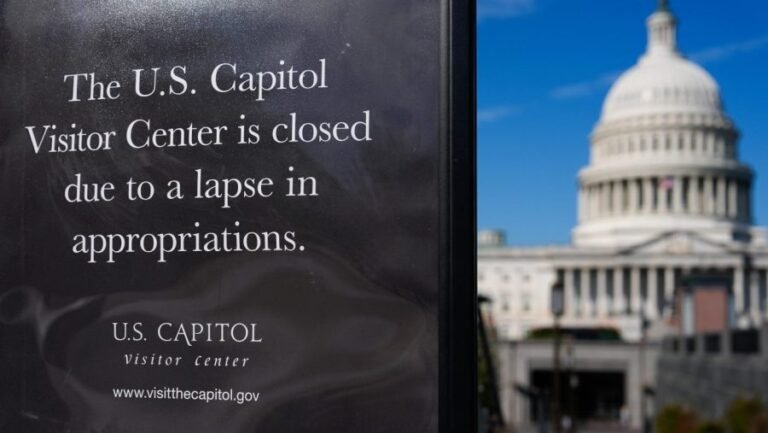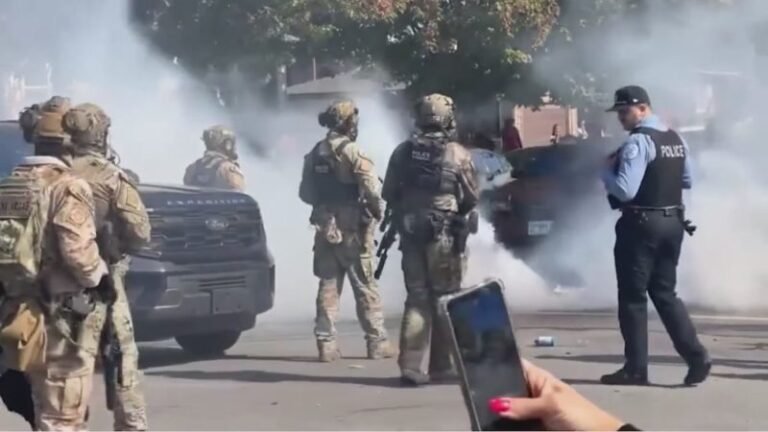
Russian President Vladimir Putin has vowed to bring back the Russian empire; indeed, he has staked his political fortunes on achieving that goal. Unfortunately, the target nations — the non-Russian former Soviet republics and the former East European satellite states — don’t appear to be cooperating. Having tasted independence, most of them appear committed to retaining it.
Finland, Estonia, Latvia, Lithuania, Poland, Hungary, Czechia, Slovakia, Romania, and Bulgaria are gone for good, having emerged from under Russia’s shadow when they joined the European Union and NATO. Many of them have pro-Russian parties, and a few even have pro-Russian prime ministers. But, their truculence and self-centeredness notwithstanding, none wants to rejoin Russia’s imperial domain.
Getting Russian gas and annoying Brussels is one thing. Abandoning their sovereignty and accepting Moscow’s overlordship is quite another.
Moldova, Georgia, and Armenia are in a gray zone. They occasionally seem to fall under Moscow’s sway, occasionally drawing away. In any case, they too are committed to their independence.
Azerbaijan is rich enough and autocratic enough to say no to the Kremlin. Baku also enjoys the support of Turkey. Kazakhstan, Uzbekistan, Kyrgyzstan, and Tajikistan are doing their best to balance Russia against close economic ties with China. The Kazakhs and Uzbeks are especially adept at playing this game. Landlocked Turkmenistan is neutral, but the Caspian Sea’s progressive desiccation may soon aggravate Turkmen-Russian relations.
It is worth noting that the Russia-led Eurasian Economic Union only includes Armenia, Belarus, Kazakhstan, Kyrgyzstan, and of course Russia. Meanwhile, the China-led Shanghai Cooperation Organization includes China, Russia, Kazakhstan, Kyrgyzstan, Tajikistan, Belarus, and Uzbekistan. It has 14 dialogue partners, two of which are Armenia and Azerbaijan. Clearly, the non-Russian former Soviet republics in Asia know that their future is with China.
Belarus and Ukraine deserve separate attention.
Although Belarus is formally a part of a so-called “union state” with Russia and takes its marching orders from Moscow, its illegitimate president, Alexander Lukashenko, often acts as if he were a sovereign player. His most impressive achievement is to have hemmed and hawed while expressing his undying love of Russia incessantly and keeping his country out of the Russian war against Ukraine. Three and a half years after the full-scale invasion began, Belarus is still not involved in the fighting.
Lukashenko has also made some overtures to the Trump administration, freeing 42 political prisoners in May, 14 in June, and 77 in September. In return, the U.S. dropped its sanctions against Belavia, the Belarusian airline.
As for Ukraine, not only is the country lost to Russia forever, but its formerly ambivalent people have been united in celebrating their own identity, sovereignty, and independence and in rejecting all things Russian. In losing Ukraine, Putin lost the jewel in Russia’s imperial crown.
But Putin is stubborn. There is no reason to think he’s abandoned his imperial dreams. Besides, there is a strong imperialist streak within Russian political culture that legitimizes Russia’s endless expansion and civilizing mission. Putin will continue to probe and prod and expand Russian power wherever he can.
Except this time, Russian imperialism will fail. The time to rebuild the empire was in the 1990s, when the non-Russian states were weak, chaotic and barely hanging on for dear life. Russia also had its problems, of course. But as the former imperial metropole, it possessed ample coercive levers — a huge army, nuclear weapons, economic heft, and fifth columns in the non-Russian republics — that would have let it follow in the Bolsheviks’ footsteps and recapture much of the Soviet empire.
Since then, non-Russians have grown progressively stronger and more impervious to being taken over. Russia has also stabilized and might have been able to launch an imperial project, were it not for Putin’s invasion of Ukraine in 2022. The resulting war has degraded Russia’s armed forces and pushed its economy toward recession, possible default and collapse.
Thanks to Putin, Russia’s imperial dreams may still be alive, but its imperial prospects are dead. Dependent on China’s and North Korea’s good will and largesse, Russia has truly become, as many analysts and policymakers put it, Burkina Faso with the bomb — able to destroy and kill, but not to conquer.
Alexander J. Motyl is a professor of political science at Rutgers University-Newark.


